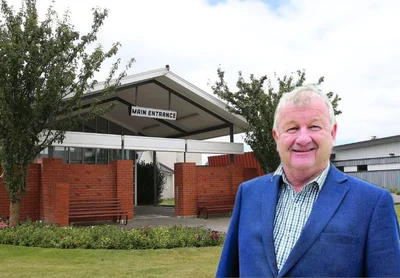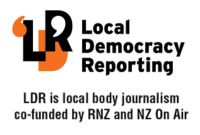Health system needs local input

The health system is broken and the fix requires local input, Ashburton's Mayor says.
“Whether it be a hospital or local practitioners, there are staff shortages, waiting lists and it’s not working the way it should,” Neil Brown said.
“It needs to change and to make good change we all need to be involved in it.”
Health Minister Shane Reti is reshaping the Health New Zealand - Te Whatu Ora reforms.
The Government abolished the Māori Health Authority after Parliament passed a law change under urgency this week, and Reti is also planning to scrap another key part of the health reform known as “localities”.
They were designed to maintain some local decision-making in the new, centralised health system by allowing each geographic area, between 60 and 80 localities, to identify their specific health needs so services could be allocated to them.
Reti told Cabinet he did not intend to progress localities.
“I have instructed Health New Zealand to stop work on localities pending further legislation.”
Only 12 localities are already in place and the remainder were meant to be in place by June, with local plans required by June 2025.
Councils “sit on the sidelines for health” playing an advocacy role, Brown said.
They were involved in setting up localities, with Ashburton working with the Timaru, Waimate, and Mackenzie councils and local rūnanga to establish a locality for Mid-South Canterbury, from the Rakaia River to the Waitaki River.
He felt localities was a good system to keep things local and set up a plan for the region.
However, Reti signalled the Government will scrap them, but has not said what they will be replaced with.
“It’s fine if they want to get rid of localities but we need to know what it's going to be replaced with," Brown said.
“The important piece is that the local people have input for their health systems.”
Community involvement in health service planning would remain “essential” to the delivery of services, Reti said.
Brown said he was optimistic the progress and work around localities would not go to waste.
“Hopefully they can use some of what’s been worked on.”
He said it was like lessons gained through the now repealed Three Waters Reform process, just without the hefty price tag.
By Jonathan Leask

